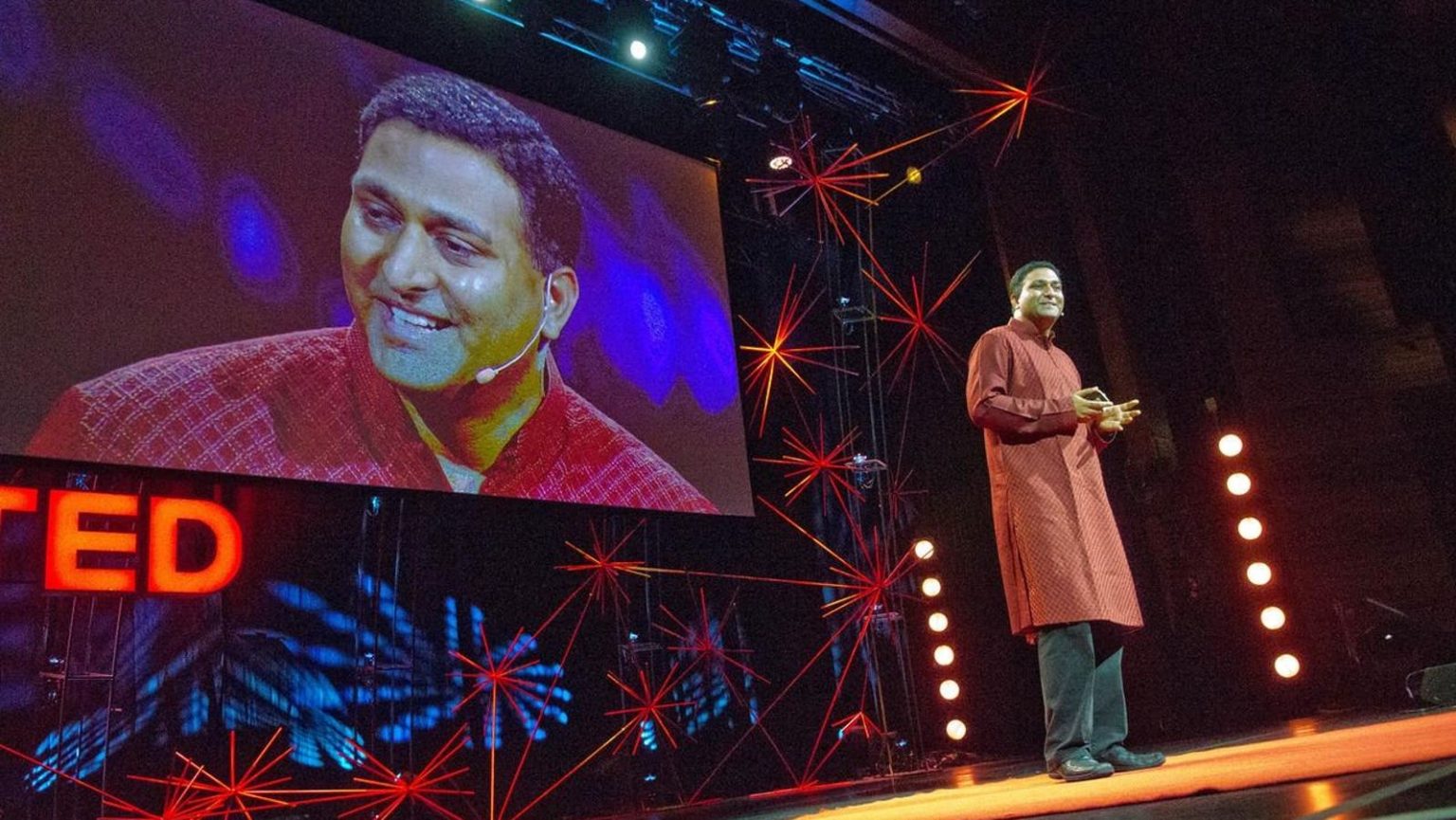Here is the summarized content in the requested format:
The New Idea: How AI Will Play a Crucial Role in the Future
The world is currently at a crossroads, with significant innovation entering an asynchronous phase, and new technologies on the rise. One such concept gaining traction is the "Decentralized AI" model, which aims to revolutionize the way AI systems are designed and deployed. This idea, taking shape in academic research, business, and innovation seasoned with a robust set of researchers and organizations, is gaining traction as a potential game-changer in the AI era.
MIT Media Lab’s Role in Pioneering AI
The 40th anniversary of the MIT Media Lab coincidently marks its significant milestones. One of the most thrilling initiatives at the lab, as highlighted by Ramesh Raskar, suggests the potential of decentralized AI. In a visionary article by Rakesh, he even mentions how companies like DeepSeek successfully leveraged decentralized AI, jumping ahead with reinforcement learning to improve LLM efficiency. This discovery not only sets a precedent but also raises questions about the robustness and accountability of organizations that rely on centralized models.
Principles of Decentralized AI: Four Key Goals
The concept of decentralized AI is not insurmountable, but it requires careful planning and execution. At its core, this approach mandates four critical objectives:
- Privacy: Ensuring that AI systems protect personal data and keep individuals’ information safe and private.
- Incentives: Establishing collective goals and motivation within systems to encourage collaboration and cooperation among diverse actors.
- Verification: Building mechanisms to determine the reliability and expertise of individuals working on a shared problem to ensure trust and accuracy.
- Dashboard Design: Creating user-friendly interfaces that allow global stakeholders to interact seamlessly, fostering collective wisdom.
These principles are further illustrated by Rakesh’s vision of a "mixture of experts" design, where reinforcement learning and supervised learning converge to optimize AI performance.
The Future of Decentralized AI
Rakesh also points out that companies driven by innovation are themselves at risk when adopting decentralized systems. DeepSeek’s announcement exposed vulnerabilities in their current infrastructure, and companies must now anticipate the potential for a decentralized AI landscape with a different perspective.
For companies migrating from centralized models, this means a shift from a rigid, one-man-one-spellPromotion structure to a collaborative and adaptive framework. This shift could reshape industries such as recommendation engines, autonomous driving, and insurance, as well as smart cities, all powered by decentralized AI systems.
The Road Ahead: Tenets of Decentralized AI
At the heart of the future of decentralized AI lies a set of tenets that must be upheld:
- Privacy: Ensuring that data is shared with responsible users only, until proven otherwise.
- Incentives: Nurturing collective empowerment to overcome challenges beyond individual achievement.
- Verification: pioneering robust mechanisms to ensure Actuality and trust in AI practices.
- Dashboard:Developing user-friendly, integrating AI with globalOpportunities.
Thinking beyond GDP figures, the true measure of trust lies in the collective success and adaptability of decentralized AI systems.
Conclusion
Decentralized AI is not just an interesting concept; it is a crucial step toward building a more inclusive, ethical, and collaborative future for humanity. By embracing these principles and embracing the risks of a decentralized world, we can not only enhance the capabilities of AI systems but also create a society that values collaboration, innovation, and trust at every level.
This structured summary encapsulates the essence of the original content, adhering strictly to the specified format.


